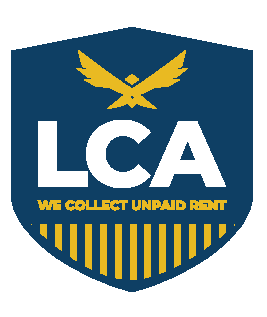As a landlord, it is important to be aware of your rights and responsibilities under fair housing laws. Fair housing laws prohibit discrimination in housing on the basis of race, color, religion, national origin, sex, familial status, disability and several other categories..
If you are a landlord in Connecticut, you are subject to the Connecticut Fair Housing Act and the federal Fair Housing Act. These laws prohibit you from discriminating against tenants or potential tenants on the basis of being part of a protected class.
What is fair housing discrimination?
Fair housing discrimination can occur in many different ways, including:
- Refusing to rent or sell housing to someone because of their race, color, religion, national origin, sex,familial status, disability, source of income and several more categories.
- Setting different terms or conditions of housing for someone in a protected class.
- Providing different services or amenities to tenants based on them being in a protected class.
- Harassing tenants.
What is the CHRO process?
The Connecticut Commission on Human Rights and Opportunities (CHRO) is responsible for enforcing fair housing laws in Connecticut. If you believe that you have been discriminated against in housing, you can file a complaint with the CHRO.
The CHRO will investigate your complaint and try to resolve the matter through mediation. If mediation is unsuccessful, the CHRO may hold a hearing to decide whether discrimination has occurred. If the CHRO finds that discrimination has occurred, it can order the landlord to take corrective action, such as paying damages to the tenant or providing the tenant with housing.
Tenants have a right to request reconsideration if they are unhappy with the outcome of the case. The landlord has 21 days to decide to take the case to civil court if the CHRO investigation finds that there is a reasonable to believe discrimination has occurred
What should landlords do to avoid fair housing discrimination complaints?
Landlords can take a number of steps to avoid fair housing discrimination complaints, including:
- Educate themselves about fair housing laws.
- Develop and implement fair housing policies and procedures.
- Train their employees on fair housing laws and policies.
- Be consistent in applying their fair housing policies and procedures to all tenants and potential tenants.
- Keep accurate records of all housing transactions.
If you are a landlord in Connecticut, it is important to be aware of your rights and responsibilities under fair housing laws. By taking the steps outlined above, you can help to ensure that you are treating all tenants and potential tenants fairly.
CTPOA hosted a exceptional webinar on this topic and we recommend all real estate professionals watch it in our resource center. This webinar, What Every Landlord Needs to Know About Fair Housing Discrimination Complaints and the CHRO Process, was about fair housing discrimination complaints and the CHRO process. The speaker, Michelle Dumas Keuler, is a Human Rights Attorney and serves as the Managing Director for the State of Connecticut Commission on Human Rights and Opportunities (“CHRO”). She discussed what the CHRO is, provided an overview of fair housing laws, and explained the protected classes, both state and federal. She also discussed damage awards at the administrative level and in civil court cases. There was a very helpful live Q&A at the end of the webinar. If you’re interested watching, join CTPOA today or if you’re already a member, sign in and visit our Resource Library.
- Connecticut Commission on Human Rights and Opportunities (CHRO): https://portal.ct.gov/CHRO
- U.S. Department of Housing and Urban Development (HUD): https://www.hud.gov








